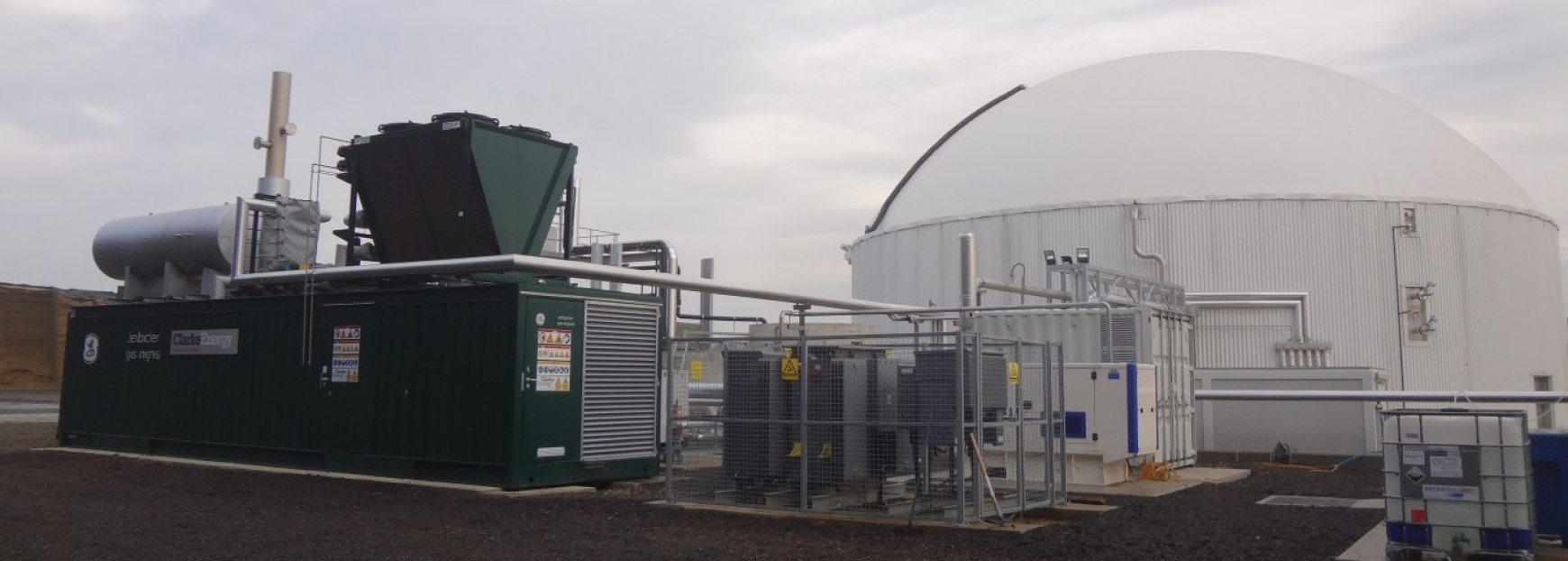You have installed your electricity generator and it's producing enough electricity that you are able to export some of it to the grid, but how do you know which export contract would be best for you?
Following on from our blog “Maximise your electricity export income” where we explain that, although many renewable electricity generators take advantage of Government incentives such as the Feed-In Tariff (FiT) or the Renewable Obligation Certificates schemes, it’s important to not overlook maximising your investment by getting the best price for any electricity exported. In this blog, we will discuss the different types of contracts available to you and how we can help you make the most of them.
Firstly, the type of contract that you select will be dependent on your requirement for price certainty and the size of your generator and supply.
Fixed
Many generators go out to market, submitting information about their generator including technology, size and expected export volumes. They then obtain three or four offers based on a fixed p/kWh price for all of their electricity. From here they can then select the best one based on price. This can provide an organisation with financial certainty going forward, however, it does not come without its problems. The price of all of your energy will be locked in on the day that the contract is signed; this could be for one to five years in length. If the wholesale market is not looking good at the time that a contract is signed, then the price is likely to be relatively poor. In addition, the longer the contract duration, the more ‘uncertainty’ the suppliers will want to build into it, which ultimately manifests itself as a reduced export rate over the length of the contract. However, if an organisation is looking for price certainty, then going for a fixed contract is absolutely the right way to go.
Flexible
A flexible contract may be an option where price certainty is not required and in the long term, this will give generators a better price than a fixed contract can. A flexible contract is one where you as the generator takes the market price, with prices varying every half-hour. In addition, you can secure a price for a proportion of generated electricity for the week, month or year ahead if an element of price certainty is required. The remainder (or entirety) of the generation can ‘float’ and receive the market price for any particular half hour. The risk of going onto a flexible contract is that if the wholesale price crashes for whatever reason, then the price that you will receive for any exported electricity will be similarly poor. In very extreme (but rare) circumstances, when there is a lot of electricity generation being supplied to the network and demand is low, then prices for export can actually go negative i.e. a generator will have to pay to put electricity onto the grid. The flip side of this is that when things go in the opposite direction and supply is limited but demand is high, then the price paid for electricity can be ten or twenty times what it would normally be (on the 17th May 2017 the imbalance price was above £1,000/MWh).
How we can help you decide which contract is best for you:
- Expert advice you can trust – we are totally independent, know all about the different suppliers and have the latest prices, fees and charges at our fingertips.
- Hassle free service – we manage all the complexity with this type of selling on your behalf, as well as handling all the paperwork.
- Lower energy supplier management fees – because we’re very good at negotiating this with suppliers.
Call 024 7669 8899 to talk to the team.


